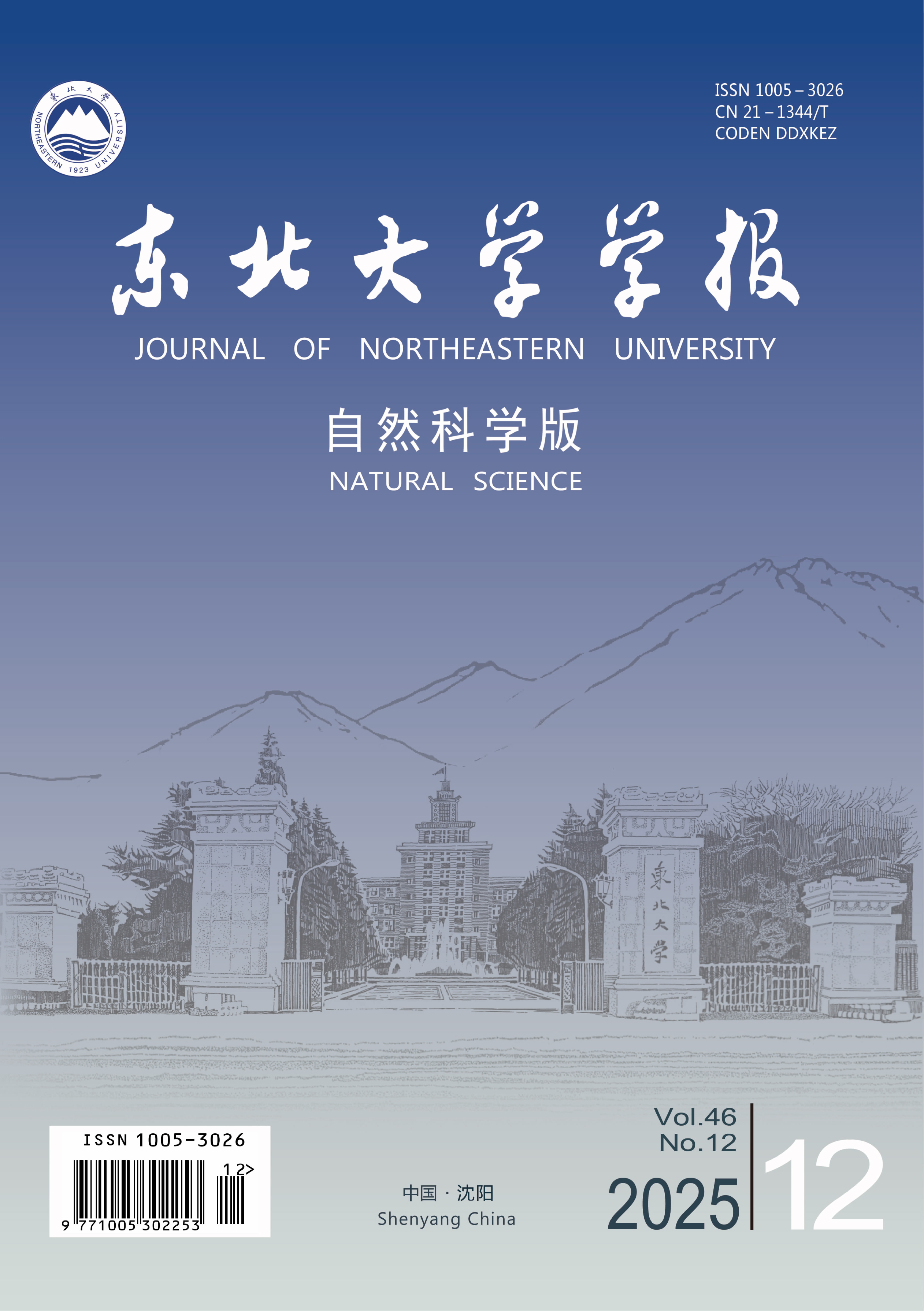To improve robot freezing and suboptimal performance of traditional navigation methods in the presence of dynamic obstacles, a navigation method based on deep reinforcement learning was proposed. The core of this method lies in its risk perception module and path selection module. The risk perception module calculated the collision probability between the robot and nearby dynamic obstacles in real time, allowing the robot to prioritize avoiding more hazardous obstacles. Concurrently, the path selection module evaluated the “passing ability” of the robot in surrounding areas in real time, guiding the robot to choose safer paths. In comparison experiments with a deep reinforcement learning method that lacks these modules, the proposed method achieved the highest navigation success rate in all simulation test environments, with an improvement rate of up to 11%.

